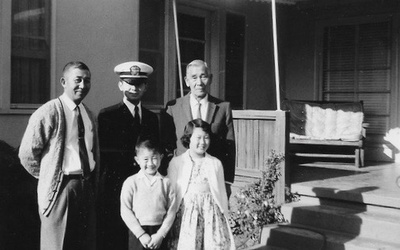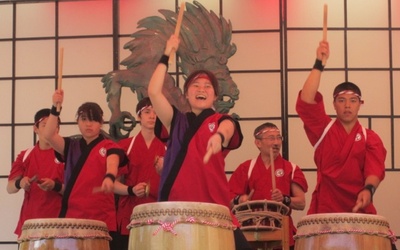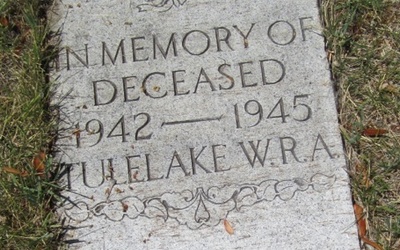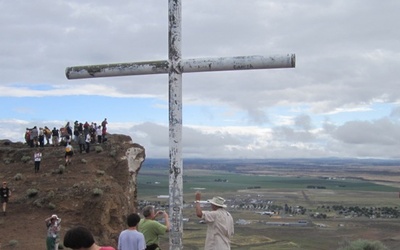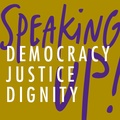
Stanley N. Shikuma
Stanley N Shikuma is a writer, taiko (Japanese drum) artist, and community activist. He performs with Seattle Kokon Taiko and directs Kaze Daiko (a taiko youth group), and has also been a performer, composer, and percussionist on new opera, silent film scores, Butoh dance, and puppet theatre. As a social activist, Stan writes and lectures on Civil Rights, Japanese American history, and Taiko. Affiliations include work with the Tule Lake Pilgrimage, Japanese American Citizens League (JACL), Seattle Nisei Veterans Committee & NVC Foundation, Asian Pacific American Labor Alliance (APALA), Regional Taiko Groups-Seattle, and Taiko Community Alliance.
Updated June 2019
Stories from This Author
Sansei: On Being Japanese American in a Time of Crisis
July 10, 2019 • Stanley N. Shikuma
[In April 2017 I was asked to speak on what my Japanese American identity means to me, and how that informs my values of social justice, particularly in relation to my being “third generation ” (Sansei). This was shortly after the second attempt at a Muslim Ban was blocked by the courts but before the third attempt was upheld. It was also a year prior to the “zero tolerance” policy adopted by the Justice Department that precipitated the crisis of …
Taiko as Folklore
Sept. 19, 2013 • Stanley N. Shikuma
Since ancient times, taiko has played an important role in the folklore of Japan. Taiko appear in many Japanese myths and legends, and it is the principal instrument for the folk music of that island nation. In recent times, taiko has taken root in North America, largely among the third and fourth generation descendants of Japanese immigrants (Sansei and Yonsei). Can folklore survive and is it still useful to modern day Americans? Is taiko being used to develop or create a …
Tule Lake Segregation Center: Misperceptions and Misnomers Surrounding Resistance to JA Incarceration - Part 2
Aug. 29, 2013 • Stanley N. Shikuma
Read Part 1 >>3. Internee or Incarceree: Say What You Mean In the 1960s and 1970s, an attempt was made to move away from the government’s WWII era euphemisms of “evacuation” and “relocation”, which resulted in widespread use of the terms “internment” and “internment camp” in their place. Most people at that time were not aware of the Department of Justice camps and the specific legal definition of internment and internee. Current scholarship on the topic shows the widespread use …
Tule Lake Segregation Center: Misperceptions and Misnomers Surrounding Resistance to JA Incarceration - Part 1
Aug. 28, 2013 • Stanley N. Shikuma
Words can reveal truth or hide it. It is one thing when a poet employs unusual and imaginative phrases for artistic effect but quite another when the government uses euphemisms—the President, Congress, the courts, the army, the police—for it is certain that they do so to hide intent, deceive people, distort reality, and avoid responsibility. If the media passively accept these verbal distortions (or act to amplify them) public accountability becomes virtually impossible. And if corporate interests benefit from the …

